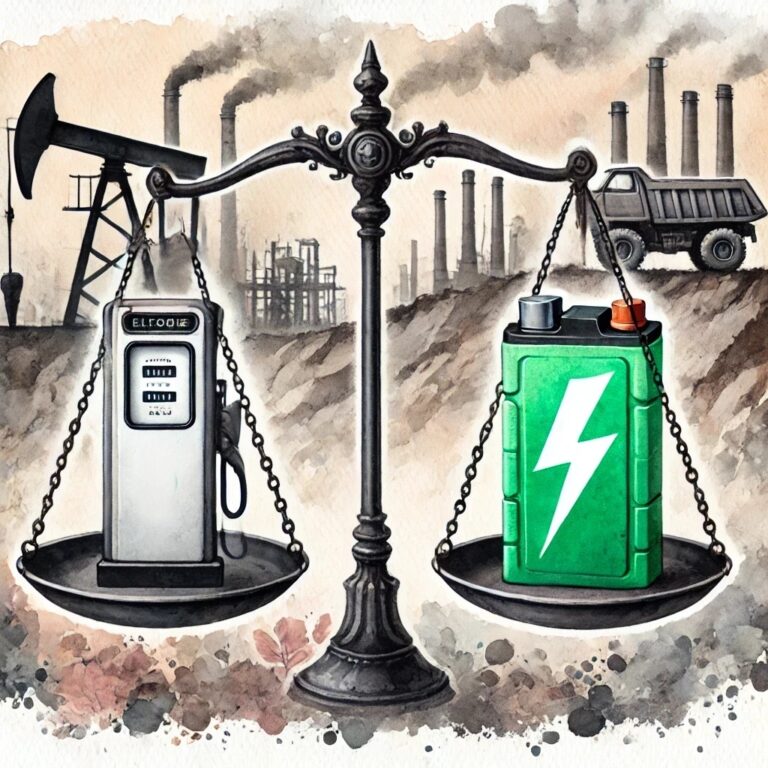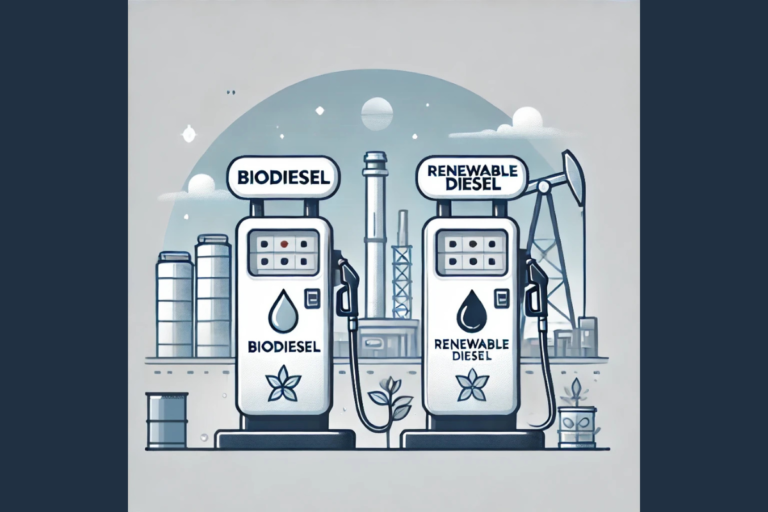fueling fear: are hydrogen fuel cells safer than electric batteries?

Are hydrogen fuel cells safer than electric batteries?
As the world moves toward cleaner transportation, electric vehicles (EVs) and hydrogen fuel cell vehicles (FCVs) are two leading contenders. While EVs have gained widespread adoption, concerns over battery fires, thermal runaway, and resource dependency remain. Hydrogen fuel cells, on the other hand, offer fast refueling and long-range potential, but they come with flammability risks and storage challenges.
So, which technology is actually safer—EV batteries or hydrogen fuel cells?
Understanding the Risks: EV Battery Fires vs. Hydrogen Explosions
Both EVs and hydrogen fuel cell vehicles (HFCVs) have unique safety concerns:
- EV Battery Risks:
- Thermal Runaway: Lithium-ion batteries can overheat and cause uncontrollable fires, which are difficult to extinguish.
- Reignition Risks: EV battery fires can reignite hours or even days after being put out.
- High-Voltage Dangers: Damaged battery packs pose electrocution risks to first responders.
- Hydrogen Fuel Cell Risks:
- Flammability: Hydrogen is highly flammable and requires strict leak prevention.
- Explosion Potential: Under certain conditions, hydrogen can explode when mixed with air in the right concentration.
- Storage & Transport Issues: Hydrogen must be stored at extremely high pressures (up to 10,000 psi), increasing the risk of leaks.
Real-World Incidents: How Do They Compare?
Both EVs and hydrogen vehicles have had safety-related incidents:
- Tesla Model S Battery Fire (2019, Shanghai) – A parked Tesla spontaneously ignited, sparking concerns about battery safety.
- Chevrolet Bolt Recall (2021) – General Motors recalled 140,000+ EVs due to defective battery fires.
- Oslo Hydrogen Station Explosion (2019) – A hydrogen refueling station exploded due to a leak, leading to the suspension of hydrogen fueling in parts of Norway.
- South Korea Hydrogen Tank Blast (2019) – A storage facility explosion injured several workers, raising concerns about hydrogen safety in urban areas.
While EV fires are harder to put out, hydrogen explosions are more sudden and forceful, making both technologies a safety trade-off.
Safety Measures & Advancements
Automakers and researchers are actively improving safety measures for both technologies:
- For EVs:
- Battery Management Systems (BMS) prevent overheating and overcharging.
- Advanced Cooling Systems help reduce fire risks.
- Solid-State Batteries (still in development) aim to eliminate fire hazards by using non-flammable materials.
- For Hydrogen Fuel Cells:
- Leak Detection Systems instantly shut down hydrogen flow if a leak is detected.
- Reinforced Hydrogen Tanks use carbon fiber and metal layers to prevent ruptures.
- New Storage Technologies (such as solid-state hydrogen storage) aim to reduce explosion risks.
Which Is Safer for Everyday Use?
While both technologies have risks, EVs currently have a more developed safety record, as lithium-ion batteries are widely studied and regulated. Hydrogen vehicles, though promising, require more infrastructure, strict handling measures, and additional safety improvements before they can match EV safety levels.
Final Thoughts
Neither technology is without risk, but improvements in battery chemistry, hydrogen storage, and emergency response training are making both options safer. As the industry evolves, safety innovations will play a key role in determining whether EVs or hydrogen fuel cells dominate the future of transportation.
💡 Enjoyed this post? Stay connected!
Join our growing network of sustainability-minded individuals at Ecosystems United.
📩 Subscribe to get fresh content straight to your inbox!
🔗 Share this post with someone who might find it useful.
💬 Leave a comment below and share your thoughts – do you think hydrogen fuel cells are safer than electric batteries?
For more on the future of sustainable transportation, check out:
- The Giants of Electric Vehicles: Challenges of a Dominated Market
- The Dangers of Dependence on Big Tech in Electric Vehicles: A Risky Road Ahead
- A Deep Dive into Electric Vehicles: Challenges, Opportunities, and the Road Ahead
sources:



